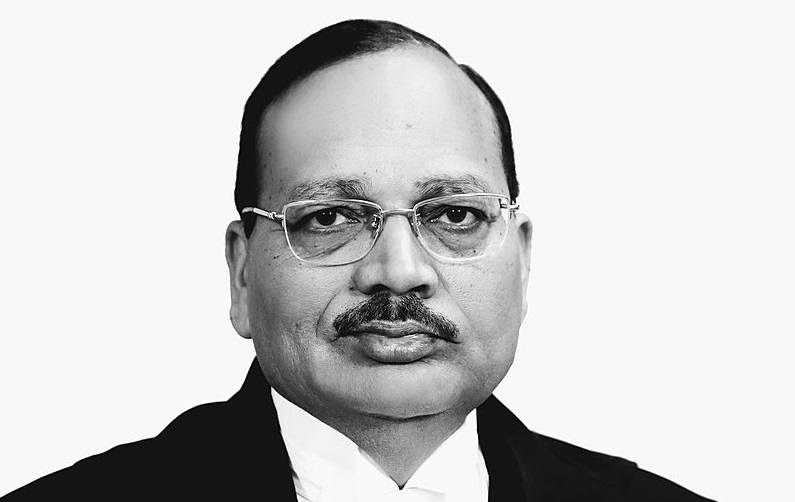
Justice Surya Kant’s Judicial Legacy and Pending Docket
The Supreme Court judge Surya Kant is set to assume office as the 53rd Chief Justice of India later in 2025, and observers are noting his extensive docket of major cases and reforms as indicators of his future trajectory.
Key Judgments and Reform-Focus
Justice Kant has been part of landmark benches that handled diverse issues: curbing colonial sedition law provisions, reviewing the validity of Section 6A of the Citizenship Act, oversight of elections and political-party regulation, and the handling of digital-arrest scams targeting senior citizens. His jurisprudence shows a consistent emphasis on procedural fairness, judicial accountability, recourse for the marginalised, and timely justice delivery.
Cases on the Coffers: What He Still Has to Decide
Among the significant pending matters before his bench: a review of the Prevention of Money Laundering Act (PMLA) where it is to be determined whether discharge in the predicate offence would throw out money-laundering proceedings; the challenge to the Chief Election Commissioner & Other Election Commissioners Act, 2023; and the treatment of refugees, including the Rohingya community, with respect to detention, deportation and access to state services.
Significance of His Approach
What stands out is Justice Kant’s focus on setting up institutional mechanisms: dedicated courts for special-statutes trials, performance evaluation of High Court judges, regulation of social-media platforms for content and apron-strings of crypto and AI oversight. His approach blends doctrinal rulings with structural reform. As he moves into the top judicial office, his backlog and new direction will set a tone for the judiciary’s future.


















